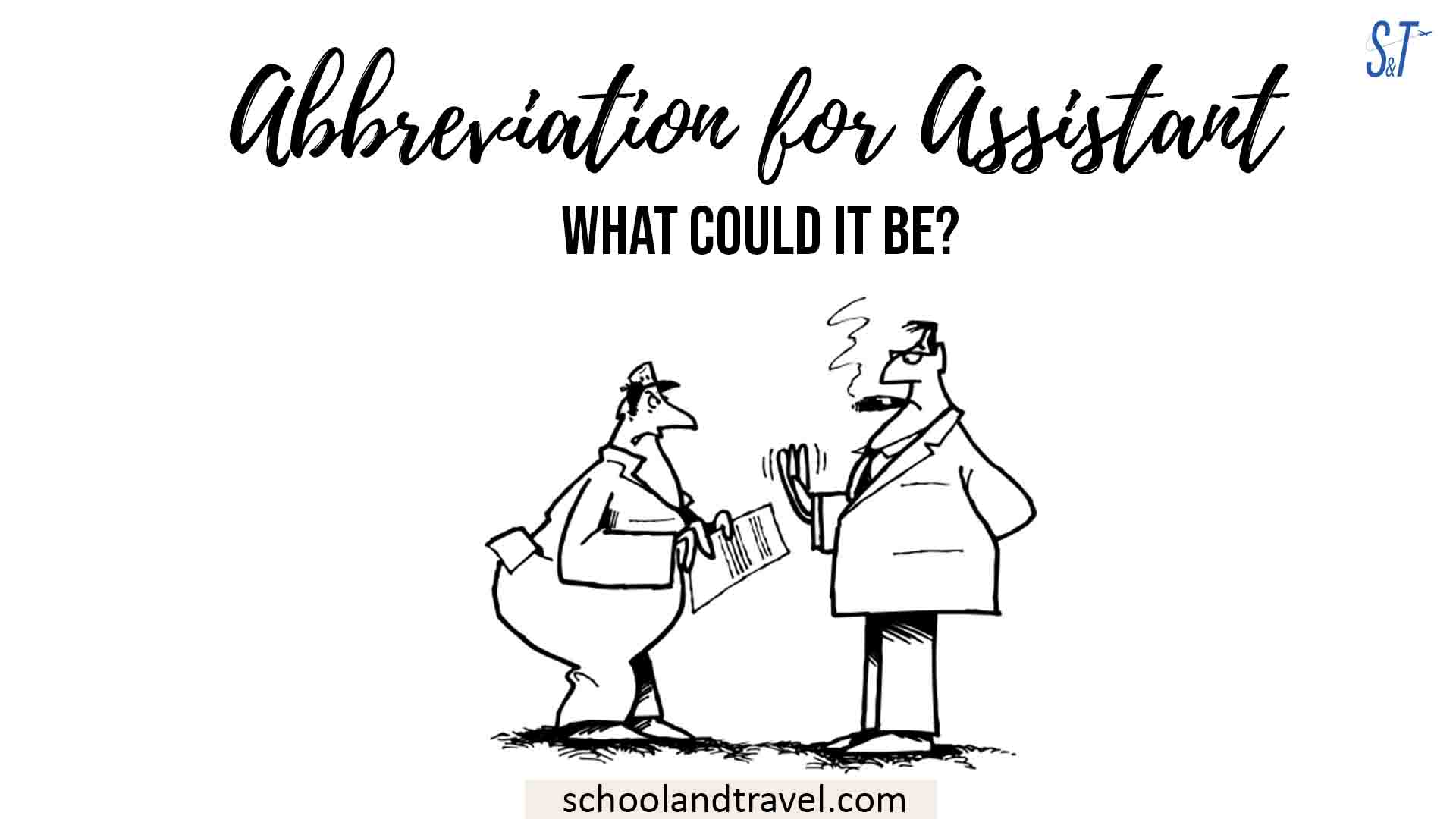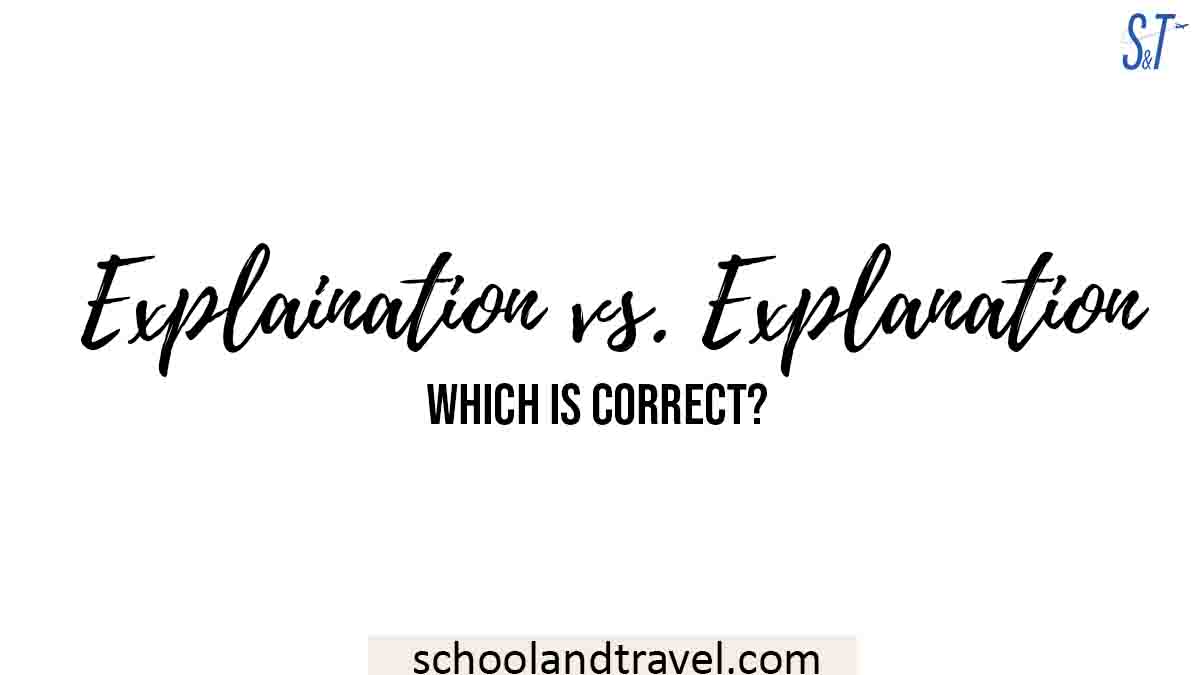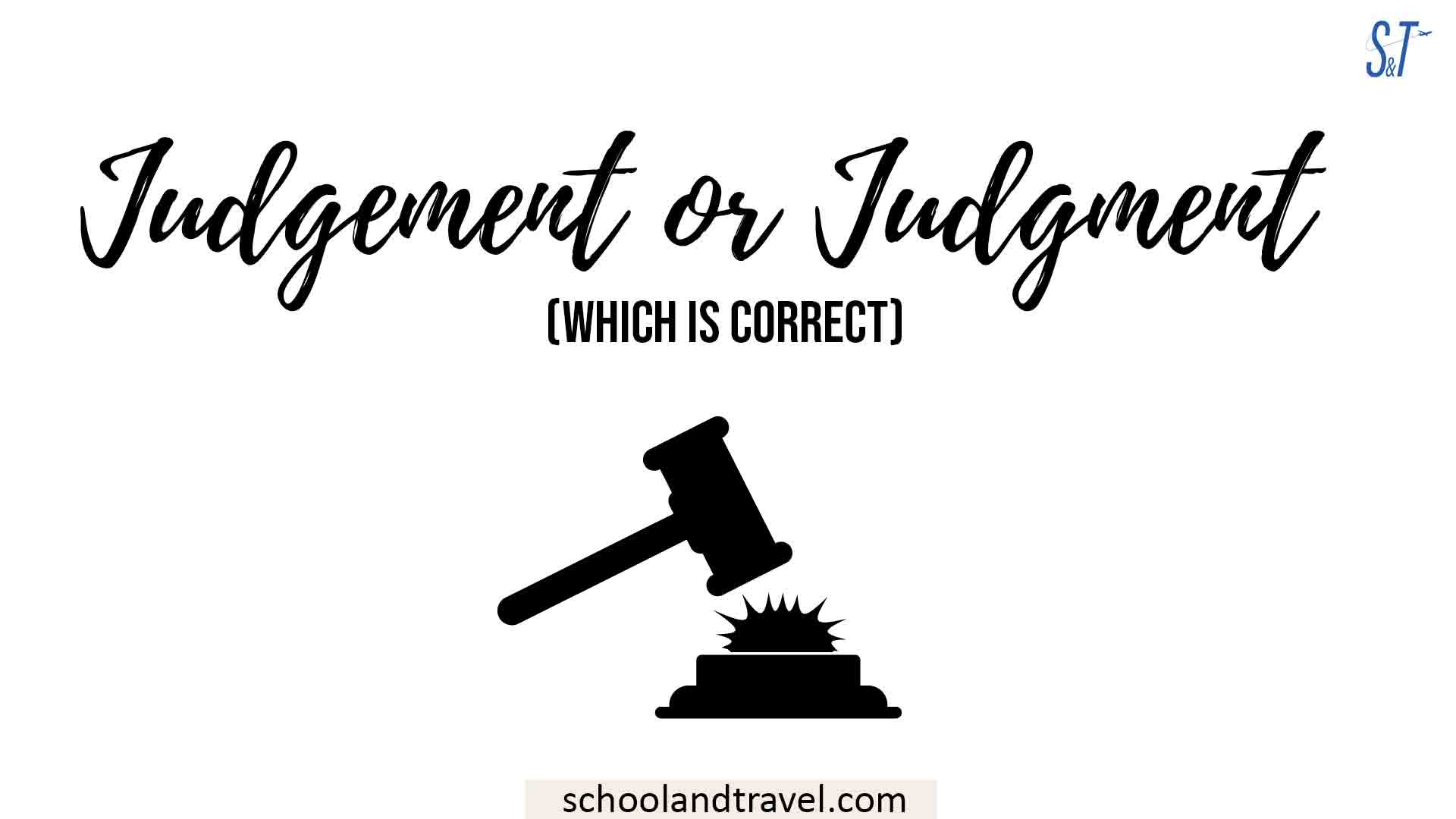The presence of space between two words can determine if it’s correct or not. In the context of “infront” and “in front”, these expressions are similar in spelling and pronunciation, but the presence of space makes one correct and the other incorrect.
However, “infront” is incorrect or misspelled, while “In front” is correct. This article will give an explanation and help you understand the difference between them.
Infront or In front
Meaning of Infront:
No word like this exists in the English language dictionary. However, this word’s mistake comes from joining the preposition “in” and the noun “front” together as a word instead of leaving space between them.
This is also relatable to a phrase “In spite of”, which is best written with spaces with them.
Examples:
- Place this logo infront of the banner. (incorrect)
- What does it mean for something to be infront of another thing? (incorrect)
- John is infront of Jackie, but beside Dave. (incorrect)
Read this: Reoccuring vs. Recurring (Which is Correct?)
Infront or In front
Meaning of In front:
In the context of “In front”, it is the ideal way of writing the phrase. “In front” is a prepositional phrase that means “in a position or situation opposite”. It can also mean “in a position where it can be visible or identified”.
Synonyms of “in front of” include earlier, leading, forward, etc. At the same time, the antonyms include behind, after, etc.
Examples:
- Even if you go in front of the camera, I won’t still capture you.
- Being in front doesn’t mean I will attend to you.
- Make sure your writing materials are in front of your desk.
FAQs on “Infront” vs. “In front”
No, “Infront” is not recognized as a standard word in the English language. The correct form is “in front,” a two-word phrase.
Use “in front” to describe a position or location that is ahead or before something else. For example, “She stood in front of the building” or “Place the chair in front of the desk.”
While “Infront” is not standard, its appearance in texts might be a typo or a result of the writer combining the words accidentally. However, formal writing does not recognize it as a standard contraction or word.
Consider the nature of the phrase: it describes a specific location in relation to another object. The space between “in” and “front” can serve as a reminder of the spatial relationship the phrase describes. Keeping them separate helps maintain clarity.
Conclusion:
The relationship between “Infront” and “In front” shows that the English language is unique and follows certain set-out rules. However, no word like “infront” (without a space) exists in the English dictionary while “in front” is the right word.
Awesome one; I hope this article answers your question.
Share this Information.
Related articles:
- Voracity or Veracity – What’s the difference?
- Genious or Genius – Which is correct?
- Cajones or Cojones – What’s the difference?
- Priviledge vs. Privilege – Which is correct?
- Dinning or Dining – What’s the difference?
- Hypocracy or Hypocrisy – Which is Correct?






